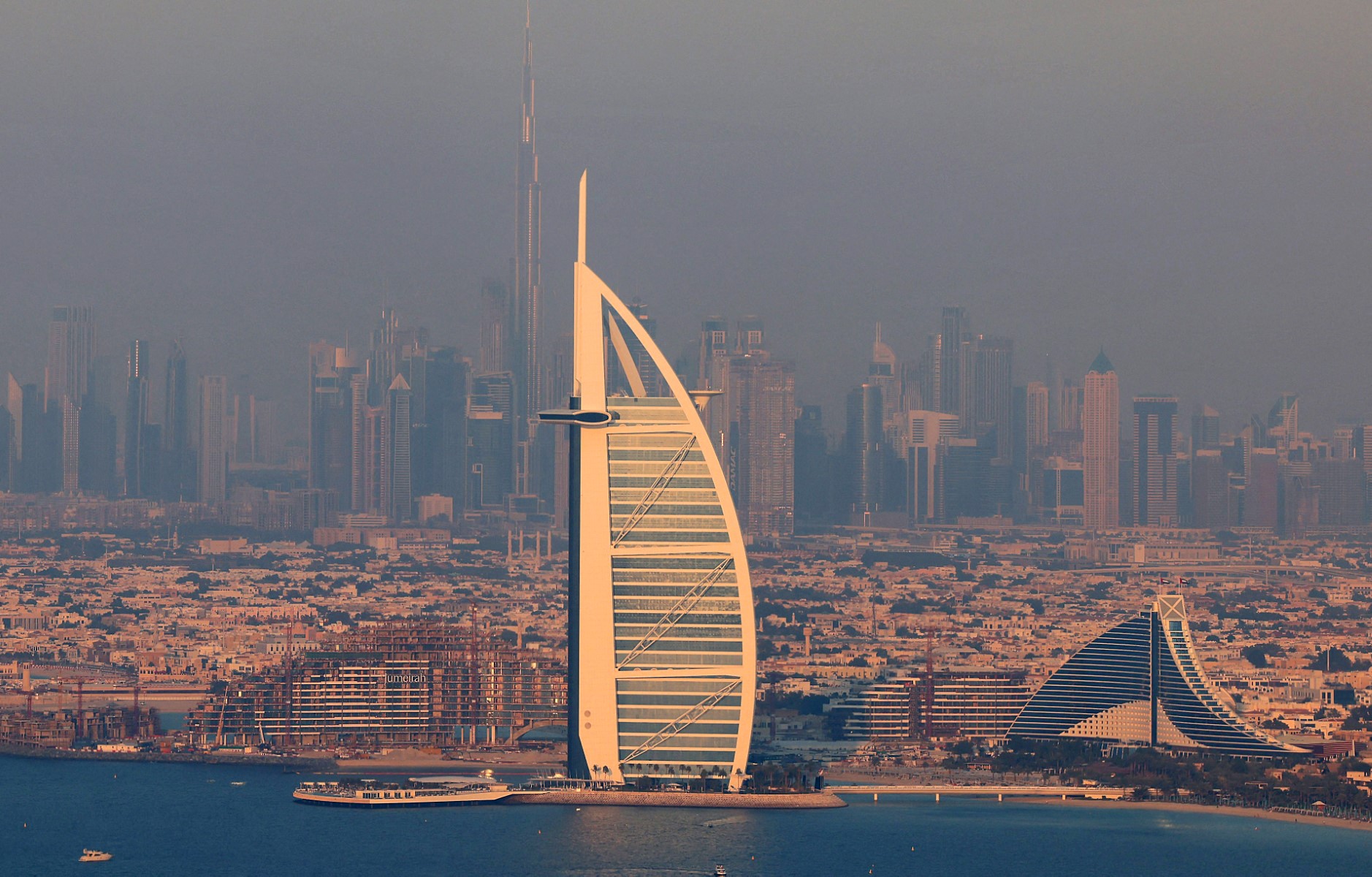Dubai, UAE – The UAE’s GDP is expected to double in 2024 to 4.8%, up from 2.4% year-on-year in 2023, according to the latest Economic Insight report commissioned by ICAEW and compiled by Oxford Economics. While near-term growth may face constraints due to OPEC+ production quotas, the UAE’s higher reference quota suggests a potential easing of these limitations in 2024.
“The current forecast for UAE’s oil production is 3.28m barrels per day (b/d), 1.2% down on last year. However, the UAE has consistently exceeded its OPEC target, maintaining around 3.25m b/d recently,” says the report. “This trend is expected to continue, with projections of an average output at 3.35m b/d in 2024, and a further increase to 3.6m b/d in 2025. Though robust, this output remains significantly below the UAE’s maximum capacity of around 4.5m b/d.”
The UAE has been actively pursuing non-oil sector expansion as part of its economic development plans. The recent successful sovereign bond sale, which raised US$1.5 billion, has bolstered these efforts. The country’s forthcoming integration into the BRICS block in January marks a significant milestone, enhancing trade and investment opportunities and supporting its diversification and growth strategy. Logistics, technology, infrastructure, and finance sectors are expected to be among the key beneficiaries. Non-oil GDP growth is forecast to ease moderately to 3.8% in 2024, down slightly from 5.2% this year.
The UAE’s GDP expanded by 3.7% y/y in Q2, primarily driven by strong non-oil sector performance. The Purchasing Managers’ Index (PMI) of 57.7 in October reached its highest for the UAE since the coronavirus pandemic, underlining the resilience and continued growth of the non-oil economy. Notably, credit growth in the UAE has trended up this year, diverging from regional patterns, with retail loans growing by nearly 10% y/y. This is despite higher borrowing costs.
“The UAE’s fiscal outlook is positive, with projected fiscal surpluses above 5% of GDP in the near and medium term,” says the report adding that in 2022, the fiscal surplus exceeded 9% of GDP, the second highest in the region after Qatar. “This was driven by impressive revenue growth of 31.8%, largely the result of higher oil revenues. This fiscal resilience has been further bolstered by the growth of the non-oil sector, providing a stable alternative revenue stream.”
The UAE is also making significant headway in green sukuk financing, allocating funds to sustainable projects and advancing its net-zero transition. Post COP28, the UAE is expected to intensify efforts towards fulfilling its net-zero commitments.
“The UAE’s role as host of COP28 not only elevates its global position but also reinforces its commitment to fostering a sustainable future,” Hanadi Khalife, Head of Middle East, ICAEW, said.
“By aligning its economic strength with sustainable initiatives, the UAE is striving to be at the forefront of the transition era where economic progress and environmental stewardship are inextricably linked,” he added.
Scott Livermore, ICAEW Economic Advisor, and Chief Economist and Managing Director, Oxford Economics Middle East, said: “The UAE’s adoption of green sukuk financing is just one facet of its broader sustainability agenda. The recent agreements by Masdar, the UAE’s renewable energy division, with Jordan and the Netherlands for green hydrogen production and exportation, underscores the UAE’s commitment to sustainable economic development.”
Inflation data for the UAE is expected to be consolidated and published annually, as it was in 2022. In Dubai, inflation surged to 4.3% in October, marking a seven-month high. Housing is now the main source of upward pressure, but transport inflation is again positive for the first time since February.
“If oil prices remain near current levels, headline inflation is expected to rise further in the coming months before subsiding in H2 2024. Inflation is forecast to average 3.1% next year, marginally lower than the 3.2% in 2023,” the report states. “Despite a relatively stable inflation outlook, interest rates are likely to remain at current levels into H2 2024, with the impact of tight domestic monetary policies weighing on consumer spending and non-oil GDP growth.”








